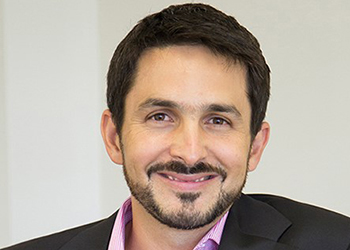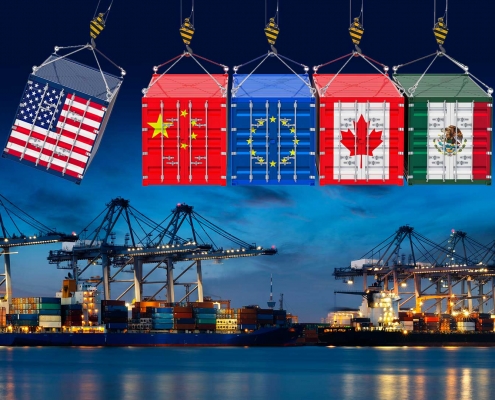Posts

Q&A with UCLA California Policy Lab Director Dr. von Wachter on the CARES Act
As an economist and director of the California Policy Lab, Till…

UCLA Professor Fajgelbaum Examines a “Return to Protectionism” in Recent Trade Wars
UCLA Associate Professor Pablo Fajgelbaum's fascinating research…

A Fresh Perspective: Black Life Across U.S. Cities
UCLA’s Division of Social Sciences is full of amazing faculty,…

